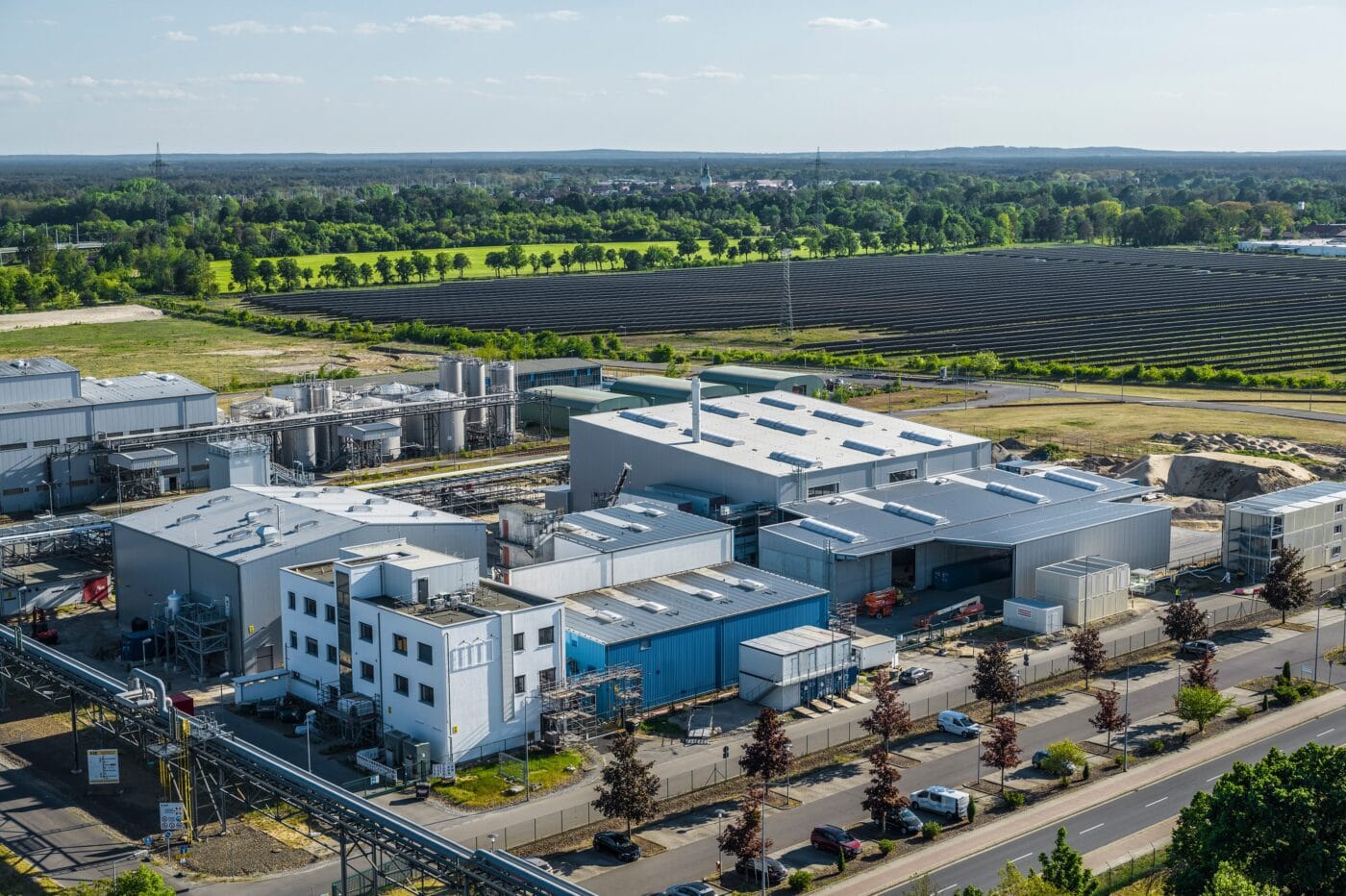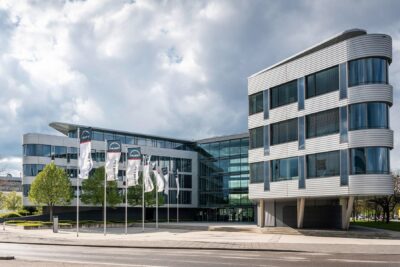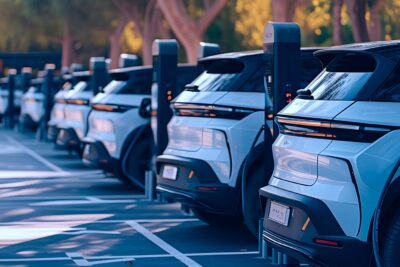BASF begins production of black mass in Germany
BASF first presented the plans for the Schwarzheide battery recycling plant in June 2022. Commissioning was originally planned for the beginning of 2024, but it has now taken considerably longer. The new battery recycling plant can now complement BASF’s fully automated large-scale production plant for cathode materials and a prototype metal refinery for battery recycling at the site, as planned.
The so-called ‘black mass’ is produced in the first phase of battery recycling. After the mechanical treatment of the battery (i.e. dismantling and crushing), components such as plastics and aluminium can already be filtered out. What remains is the black mass, which contains large quantities of the battery’s active materials – such as lithium, nickel, cobalt and manganese. To separate this mass back into the individual materials (which are then used to produce new cathodes), water and chemicals are used in a hydrometallurgical process.
“Our new Black Mass plant is another proof for our commitment to the battery materials and recycling industry, which remains to be one of the most significant growth opportunities in the chemical industry and for BASF Battery Materials. It will become a cornerstone of our offerings to our customers to increase raw materials self-sufficiency and comply with the EU Battery Regulation,” said Dr. Daniel Schönfelder, President of BASF’s Battery Materials division. “With the new Black Mass plant, we strengthen our position as the preferred battery recycling partner for customers along the entire battery recycling value chain in Europe.”
Local cooperation partners in Europe include Stena, with a cooperation agreement from early 2024, focused on developing improved processes to achieve high recovery rates for metals such as lithium, nickel and cobalt. Under the agreement, Stena Recycling in Halmstad, Sweden, collects, assesses, and pre-treats end-of-life lithium-ion batteries and scrap from battery production to produce black mass. BASF is further processing and refining the latter in its prototype metal refinery in Schwarzheide, Germany. Stena Recycling and BASF said in 2024, they intended to transfer their model to BASF’s planned commercial-scale metal refinery for battery recycling at a later stage. The annual processing capacity now possible at Schwarzheide is 15,000 tonnes, as planned.
In 2021, BASF and CATL announced a strategic partnership in the field of battery materials solutions. The cooperation focuses on active cathode materials and battery recycling while supporting CATL’s localisation strategy in Europe and BASF’s globalisation efforts. For CATL, this is a plant near Erfurt, Germany. CATL opened its first battery factory in Europe in 2023. The company is currently working on further scaling up production in Arnstadt, Germany. The partners aim to develop a sustainable battery value chain using both their facilities in Europe.
BASF’s says its offering in Europe now covers all steps along the battery recycling value chain, from collecting end-of-life batteries and production scrap, discharging and dismantling, as well as Black Mass production and refining – “leveraging a strong and reliable partner network in addition to BASF’s own black mass production facility.”





0 Comments